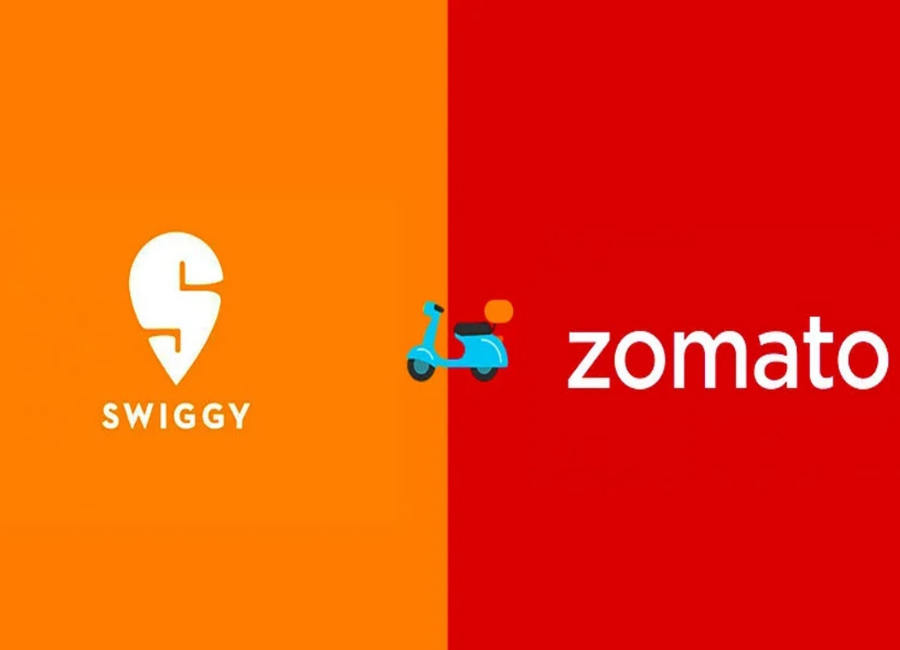Zomato and Swiggy, two prominent online food delivery platforms, have reportedly been served with goods and services tax (GST) notices amounting to Rs 500 crore each. The notices pertain to the ‘delivery charge’ levied by both platforms on customers. Zomato and Swiggy contend that the delivery charge represents the cost incurred by the riders who transport the food to customers and that they merely collect and pass on this cost. However, tax authorities appear unconvinced, asserting that Zomato and Swiggy include the delivery charge in their revenue and should therefore be liable to pay tax on it.
According to a senior executive, the delivery charge is directly remitted to the riders, and it does not constitute revenue for the platforms. The executive emphasized the platform’s role in connecting riders and customers, asserting that the delivery fee does not contribute to their revenue. Despite the platforms insisting that riders are independent contractors rather than employees, the government contends that the money collected by riders is done on behalf of Zomato and Swiggy, constituting their revenue.
Last month, Swiggy raised its platform fee from Rs 2 to Rs 3 for food orders, while Zomato followed suit by increasing its platform fee to Rs 3 per order from the initial Rs 2. Additionally, Zomato started charging platform fees from Zomato Gold users, who were previously exempted from such fees. A spokesperson for Swiggy commented that there had been no significant change in the platform fee, highlighting that it is a common practice applied by various service providers across industries.






